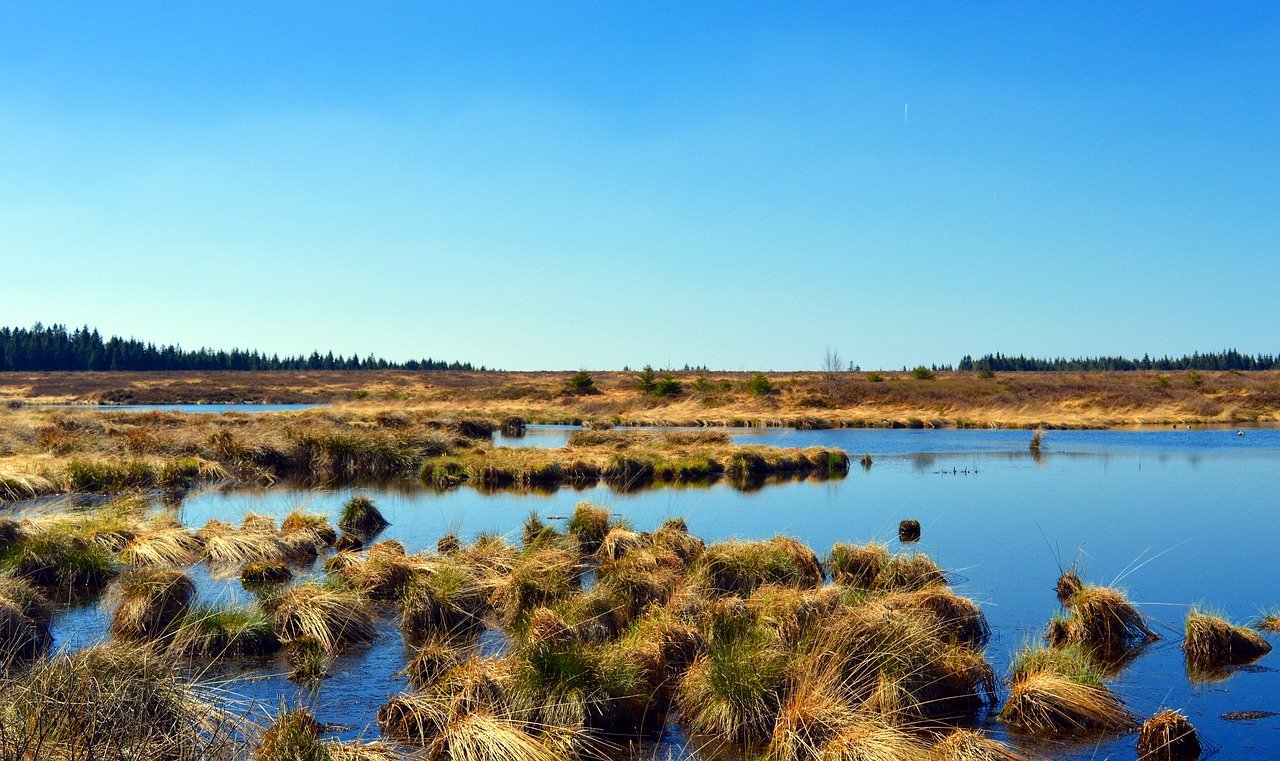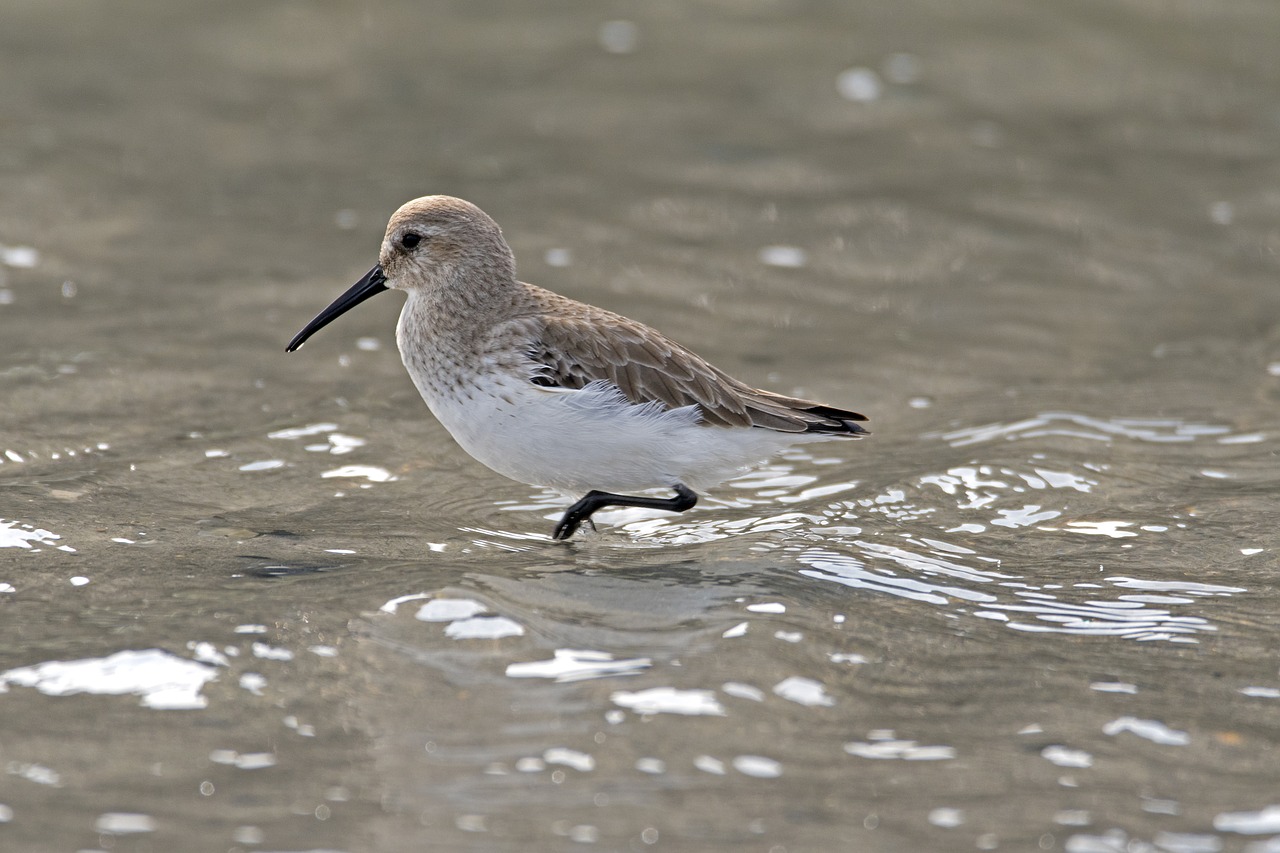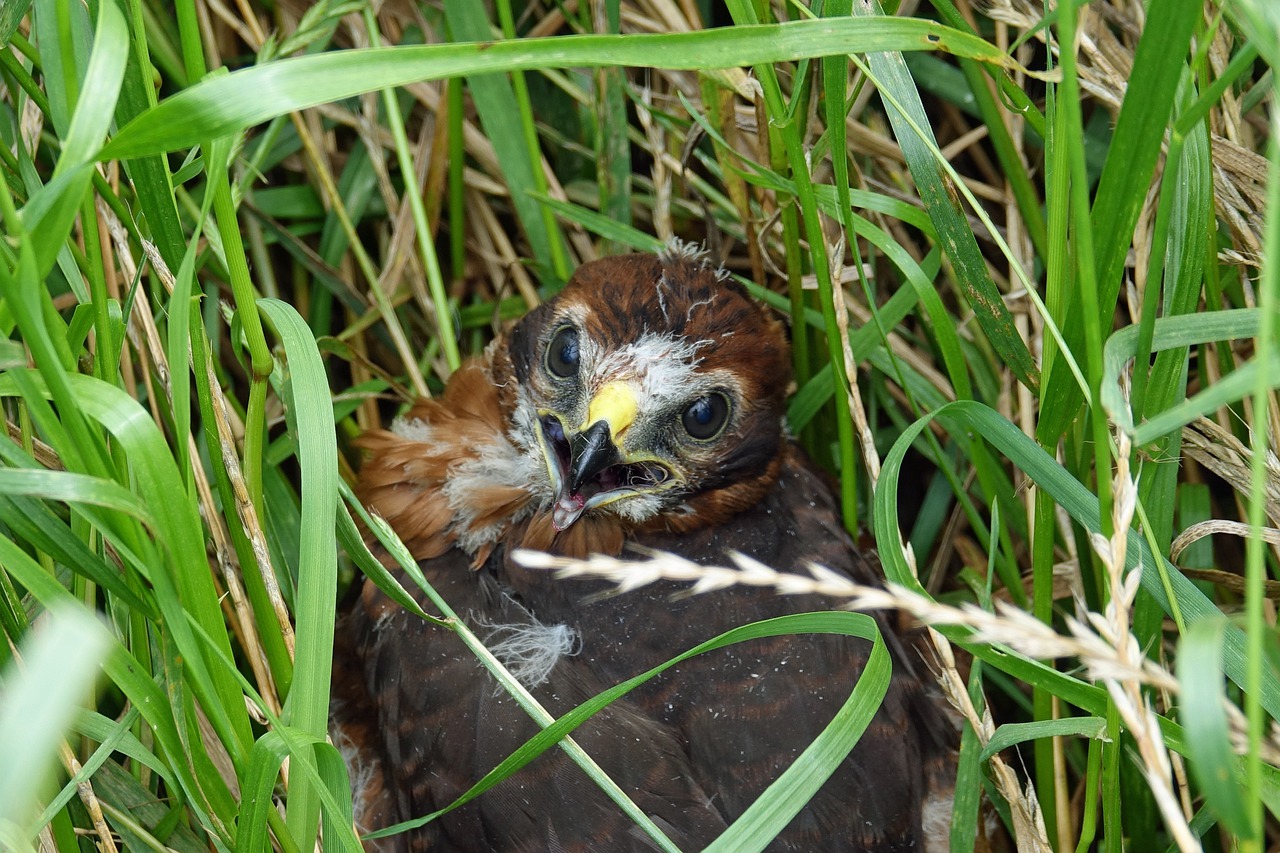Peat-Free Compost | Help save peatlands and reduce flooding
As green fingers spread, so does the crucial need for awareness of our precious peatlands.
Did you know that peatland bogs are a crucial part of our ecosystem? Well, they provide homes for a wealth of species including rare wading birds like the Dunlin, and the threatened Hen Harrier, as well as a plethora of insects like dragonflies, jewel beetles and emperor moths. They also play a vital role in protecting towns and villages from flooding by slowing the flow of rainfall.
Despite only making up 3% of the world's surface, peatlands hold 30% of soil carbon (as stated by The Moors for the Future partnership). And they are the biggest carbon store in the UK as they hold up to 20 years’ worth of our CO2 emissions, safely keeping them out of the atmosphere and helping to control climate change.
However, there are also many peatlands that are not maintained and their impact on the environment is purely detrimental. Dry degraded bogs are a source of CO2 because the carbon in the bog oxidises, so restoration or rewetting is imperative.
Peat compost should be being phased out, but there is no legislation at the moment to enforce this on the suppliers of compost. So, in the meantime there are some simple things we can do like use alternatives to compost that has peat in it. Although they are slightly more expensive, now is the time to re-evaluate what's important on our journey to net zero.
Here are some ways you can help look after our peatlands:
- Buy peat-free compost for your gardening
- Support North Somerset Moors and restoration - Wildlife Trust
- Only buy potting plants from garden centres that are grown in peat-free compost
- Ask companies you use whether their compost is peat-free
- Support WWT, World Wetlands Trust or visit Slimbridge visitor centre
- Bristol Food Network - see local plants, garden shops etc.
- Buy local Bristol compost at re-use shop Avonmouth Recycling centre
- Businesses can support peatlands as an alternative to offsetting by planting trees.


